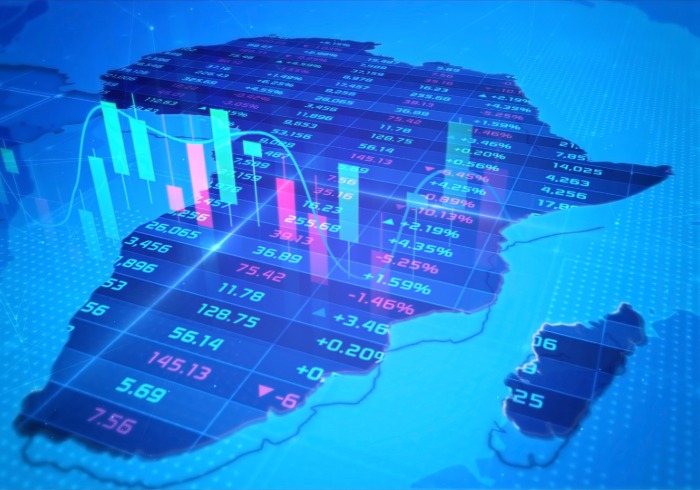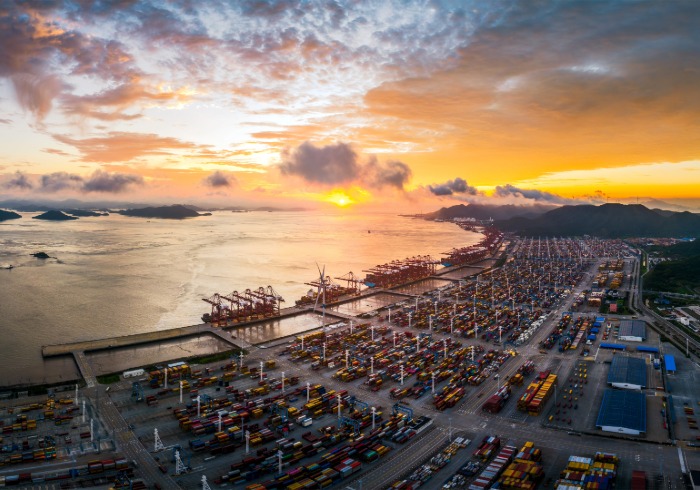The Netherlands has tabled reforms to recognise the validity of electronic bills of lading (eBLs), marking another milestone in Europe for the digitalisation of trade.
The Dutch government introduced a draft bill in the parliament’s lower house giving eBLs the same legal status as their paper version, the justice ministry says in a May 16 statement.
If the bill becomes law, it will make the Netherlands the fourth European country to recognise eBLs, alongside France, Germany and the UK, according to the International Chamber of Commerce.
“It emerged in practice that there was a need for a regulation clarifying whether and under what circumstances an electronic bill of lading is equivalent to a paper version,” the ministry says.
The draft law “provides the sector with the desired clarity in cases where an electronic bill of lading is used” it says.
Widespread use of eBLs is expected to speed up trade transactions because the documents can be sent on secure platforms and do not need to be couriered between ports, trading houses and banks, like their long-used paper equivalents.
Legal recognition of eBLs is a major plank of the UNCITRAL Model Law on Electronic Transferable Records (MLETR), which has been used as the basis of digital trade laws in countries such as the UK and Singapore.
But for now, the Netherlands has chosen to only recognise eBLs, rather than digital versions of other documents of title used in trade finance such as bills of exchange.
“For the bill of lading it is clear that rules on the electronic version are needed, while for other documents more research has to be done,” a justice ministry spokesperson tells GTR.
The draft law includes a clause requiring a review of the legislation after three years. The review will consider “whether it is desirable to extend the law to other transport documents”, the spokesperson says.
Around half of businesses that responded to a survey carried out by the Digital Container Shipping Association (DCSA) last year said they were using eBLs, but pointed to slow adoption by banks as a stumbling block to future uptake.
EBLs made up around 5% of all bills of lading issued for containerised trade in the first half of last year, according to the DCSA. Adoption has been quickest in Asia, the organisation said.
Earlier in May, Asia-Pacific trade ministers said in a communique that they are committed “to promoting the cross-border recognition of electronic trade-related documents, such as the electronic bills of lading and electronic invoices” and urged countries in the region to align their laws with MLETR.







